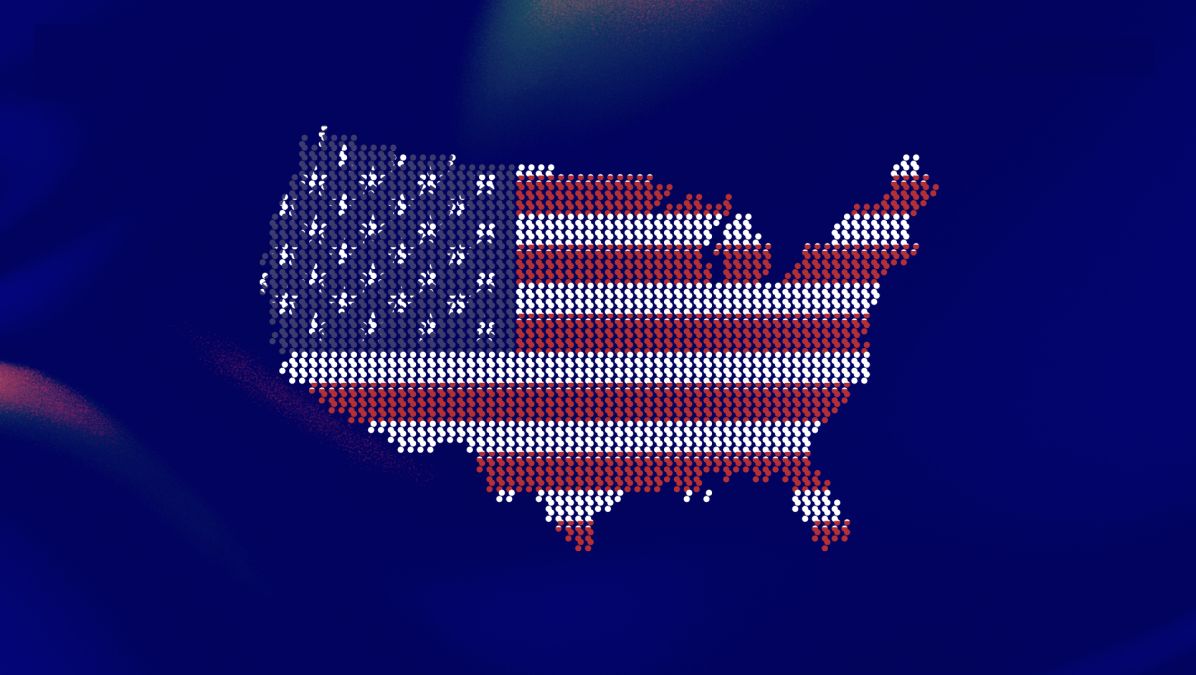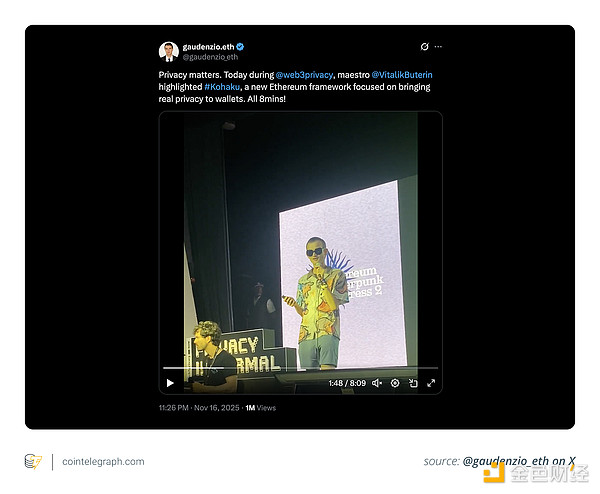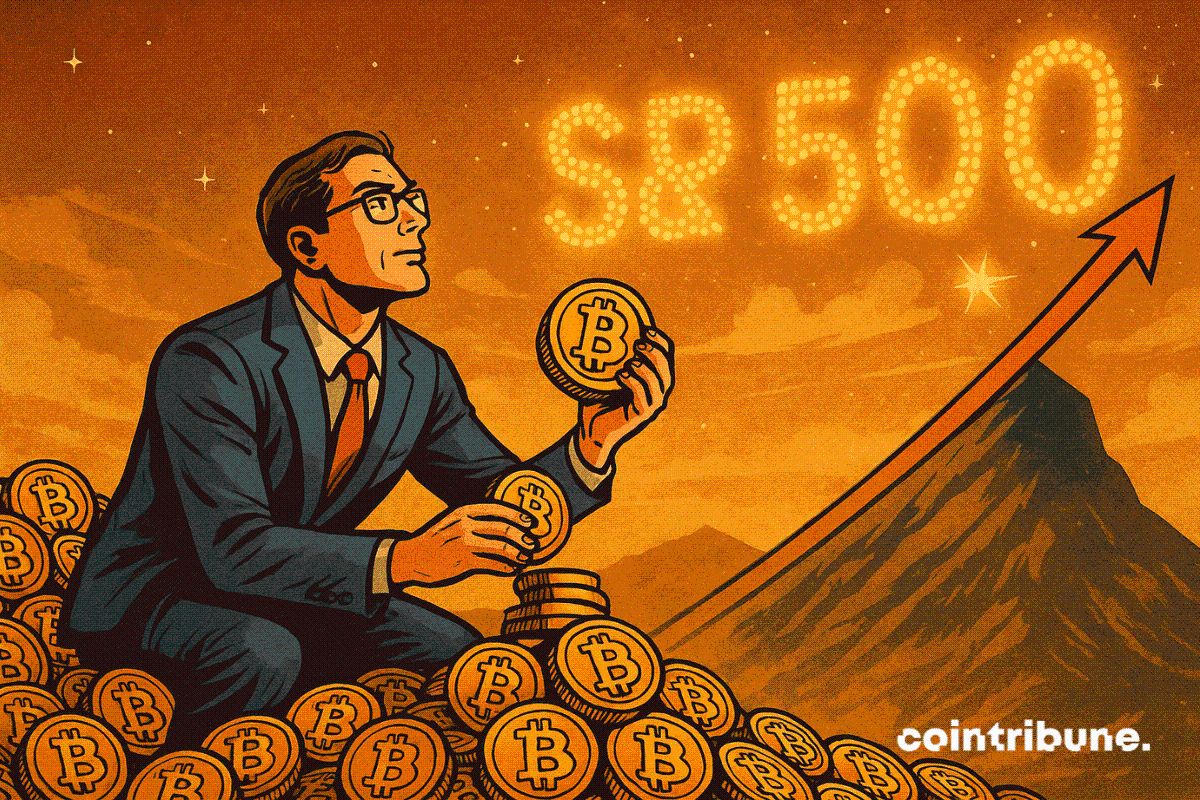The Digital Chamber ramps up state-level influence ahead of midterms with launch of State Network
Quick Take The Digital Chamber announced a new State Network to push for digital asset policies in state and local governments. As the 2026 races take shape, TDC CEO Cody Carbone said the group aims to boost pro-crypto candidates at every level of government.

Crypto advocacy group The Digital Chamber is expanding its efforts to the state level as midterms approach in 2026.
On Monday, The Digital Chamber announced a new State Network to push for digital asset policies in state and local governments, according to a statement. The initiative comes as lawmakers at the federal level have passed and are working on bills to regulate the industry.
Although the federal government has become friendlier toward crypto, said Digital Chamber CEO Cody Carbone, there is not yet a unified voice at the state level.
"For the U.S. to really be the crypto capital of the world and to lead, we felt like there was an opportunity to provide the national trusted brand we have cultivated at the federal level," Carbone said in an interview with The Block.
The crypto industry played a significant role in the previous elections in 2024, spending millions of dollars, with influence going through super political action committees. Those PACs reshaped key races, such as $40 million spent supporting Republican crypto-friendly candidate Bernie Moreno, who later clinched a win in November against crypto-critic Democrat Sen. Sherrod Brown. As of July, PAC Fairshake has amassed $141 million ahead of the midterm elections.
As the 2026 races take shape, Carbone said the group aims to boost pro-crypto candidates at every level of government. "We want every lawmaker from Congress down to your local school board to be pro crypto," he said.
"It's a lot more than just Washington," Carbone added. "It is the states. Let's elect as many pro crypto candidates as possible."
Education will be at the forefront of the network, Carbone added.
"Over the past 11 months, it [crypto] has become a really hot button issue in Congress, in Washington," Carbone said. "States have taken notice and started to follow too, and so they are seeking information."
The State Network also said it would be partnering with nonpartisan, nonprofit Future Caucus, which looks to bolster young elected officials in state legislatures and Congress.
"Young legislators are already wrestling with the real-world implications of digital assets," said Layla Zaidane, president and CEO of Future Caucus, in a statement. "This partnership with the Digital Chamber’s State Network will help rising leaders get clear on the facts, learn from each other, and understand what innovation actually means for their communities."
The Digital Chamber also announced a new grants pilot program, which will debut in 2026 and will go toward supporting university blockchain clubs, community innovation organizations, and state blockchain associations.
Anastasia Dellaccio, who the group hired in August to serve as executive director of state and regional affairs and is leading the network, said the program will help bolster advocacy groups that look to educate in state capitals.
"We are proud to provide tangible support to emerging groups working to educate policy makers on the benefits of developing principled digital asset policy," Dellaccio said in a statement.
Disclaimer: The content of this article solely reflects the author's opinion and does not represent the platform in any capacity. This article is not intended to serve as a reference for making investment decisions.
You may also like


Federal Reserve meeting minutes reveal sharp divisions: many believe a December rate cut is inappropriate, while some are concerned about disorderly declines in the stock market
All participants agreed that monetary policy is not fixed, but is influenced by the latest data, the evolving economic outlook, and the balance of risks.
Despite Losses, Strategy’s S&P 500 Entry In Sight

